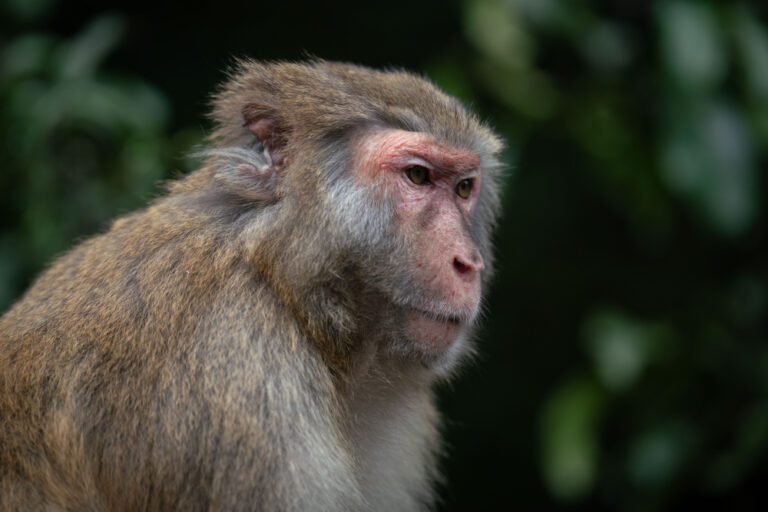
Monkeypox is a disease similar to smallpox, but it is less severe. Most people infected with monkeypox virus have mild symptoms and the symptoms are similar to those of chickenpox or measles. It can be healed on its own within a few weeks. However, monkeypox can be more severe in some cases and can cause death.
Monkeypox
Monkeypox is caused by the Orthopoxvirus, a disease similar to smallpox, but less severe. The infected person will have a fever together with blisters, rashes, pustules all over the body and enlarged lymph nodes. The main strains of monkeypox are divided into two main strains:
Transmission of Monkeypox
Animal-to-human (zoonotic) transmission can occur from direct contact with the blood, bodily fluids, or cutaneous or mucosal lesions of infected animals.
Human-to-human transmission can result from close contact with respiratory secretions, skin lesions of an infected person or recently contaminated objects. Transmission via droplet respiratory particles usually requires prolonged face-to-face contact, which puts health workers, household members and other close contacts of active cases at greater risk.
Symptoms of Monkeypox
Monkeypox has noticeable symptoms. The incubation period (interval from infection to onset of symptoms) of monkeypox is usually from 6 to 13 days but can range from 5 to 21 days. Symptoms are divided into 2 phases, which are the Invasion Phase and the Skin Eruption Phase.
In general, Monkeypox is usually a self-limited disease with the symptoms lasting from 2 to 4 weeks. But in the case of children or patients with low immunity. There may be complications or death.
Invasion Phase
Skin Eruption Phase
After about 1-3 days of fever, skin symptoms begin to appear. It looks like a blister rash but it has a sequentially changing pattern.
How to prevent Monkeypox?
Currently, there is no specific treatment for monkeypox but there are treatments to relieve symptoms and control complications. The Centers for Disease Control and Prevention says monkeypox is spread through direct contact with infected wounds, scabs, or bodily fluids. The disease can also be spread through respiratory secretions during prolonged exposure. Follow the below behaviors to protect yourself from being infected from monkeypox:
Treatment for Monkeypox?
Currently, there is no specific treatment for monkeypox. Treatment’s goal is to relieve symptoms and control complications. Monkeypox can be prevented by 85% with the vaccination against smallpox.
Vaccination against human smallpox can also prevent monkeypox. Therefore older people who were previously vaccinated against smallpox are still immune to smallpox. However, people born after 1980 will never be vaccinated against smallpox. As of July 2022, smallpox is not an epidemic and there is no vaccine available in Thailand.
To make an appointment for a consultation or talk to our doctors, Primocare Medical Clinic is ready to take care of your health and your mind to be completely healthy, promoting, protecting and healing. You can inquire or make an appointment in advance here.
Reference
1 Soi Krungthepkreetha 4 (B.Grimm), Huamark, Bangkapi, Bangkok 10240
Tel: +66 2038 5595
Line ID: @primocare
Email: [email protected]

1 Soi Krungthepkreetha 4 (B.Grimm), Huamark, Bangkapi, Bangkok 10240
Tel: +66 2038 5595
Line ID: @primocare
Email: [email protected]
©2022 PrimoCare Medical Limited. All rights reserved.
©2021 PrimoCare MEDICAL Limited All rights reserved.